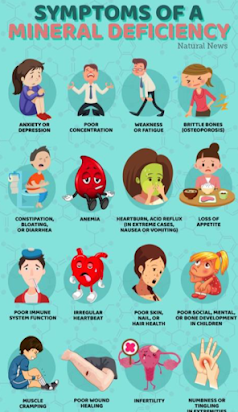About vitamin B
B vitamins
B vitamins are a class of water-soluble vitamins that play important roles in cell metabolism and synthesis of red blood cells. They are a chemically diverse class of compounds. Dietary supplements containing all eight are referred to as a vitamin B complex.
Functions of B Vitamins:
- B vitamins act as coenzymes in metabolic pathways that convert food into usable energy.
- They are essential for the proper functioning of cells, including DNA replication, protein synthesis, and cell signaling.
- B vitamins play a crucial role in nerve function, nerve cell growth, and the production of neurotransmitters.
- Certain B vitamins, like B6, B9, and B12, are involved in the production and maturation of red blood cells.
- B vitamins also contribute to healthy skin, hair, and eyes, and play a role in maintaining a healthy
- Food Sources:
B vitamins are widely distributed in various foods
- Meat: Beef, chicken, fish, and pork.
- Dairy products: Milk, cheese, and yogurt.
- Eggs: A good source of several B vitamins.
- Legumes: Beans, lentils, and peas.
- Whole grains: Brown rice, oats, and whole wheat bread.







Comments